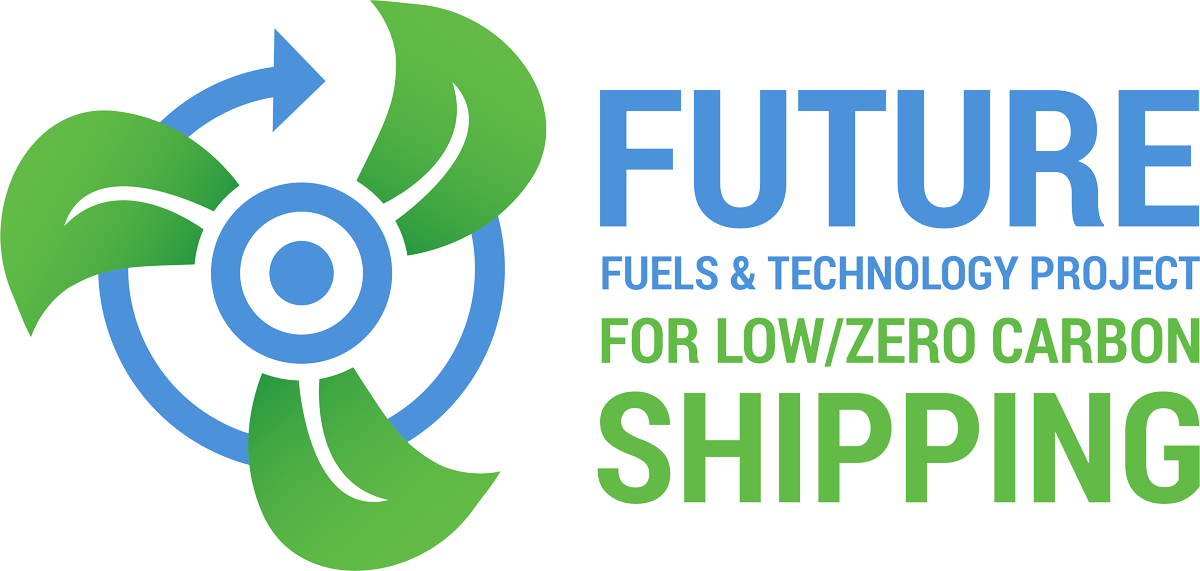The Poseidon Principles, embraced by 80% of global ship finance, have aligned with the IMO’s net-zero emissions ambition by 2050, reflecting a commitment to climate action and transparency in maritime lending decisions. Despite industry challenges, such as port congestion and personnel shortages, the principles have shown significant progress in decarbonization efforts, with a +95.4% reporting percentage indicating growing industry recognition of the importance of transparency and collaboration in achieving sustainability goals. The publication of the 2023 Annual Disclosure Report highlights the shipping finance sector’s leadership in fostering a more sustainable future for the maritime industry.
Publication year: 2023
Commercial Readiness of Absolute Zero GHG Technologies
ZESTAs’ paper discusses findings from the MARIN NL Model for ESSF SAPS, which compares various marine fuels’ greenhouse gas emissions over a 100-year Global Warming Potential (GWP), noting that some fuels produce 0% emissions over this period. Only technologies reaching at least demonstration stage (TRL7 or higher) are considered. Additionally, references are made to Technology Readiness Levels (TRLs) and Commercial Readiness Levels (CRLs) following expanded definitions presented to ISWG-GHG 14 by IMO Secretariat, DNV, and Ricardo plc on 22nd March 2023.
Economic value of methanol for shipping under fuelEU maritime and EU ETS
To evaluate the economic viability of bio-methanol and e-methanol as sustainable marine fuels within the regulatory frameworks of FuelEU Maritime and the EU Emissions Trading System (ETS). The report provides an analysis of compliance pathways and the economic incentives for adopting these fuels compared to fossil fuels such as VLSFO, emphasizing the penalties for non-compliance. The findings support the potential of these regulations to facilitate a transition to sustainable fuels by creating a stable investment environment for fuel producers and encouraging adoption by shipping operators.
Will renewable electricity availability limit e-fuels in the maritime industry?
To introduce the current status and limitations of technological development of renewable electricity derived from naturally replenished sources, such as solar, wind, hydroelectric, or geothermal energy, to reduce GHG emissions in international shipping and, based on this, briefly describe the project production and demand regarding e-fuels.
Bio-Ethanol as an alternative fuel for vessels
To firmly ensure the research on CO2 reduction in shipping by depicting advantages and disadvantages of bio-ethanol as an alternative fuel for shipping decarbonization
Energy Transition Outlook 2023 Transport in Transition: A deep dive into fuels, electricity, and infrastructure
To deeply analyze the transition of electrification, infrastructure, and fuel use in the transport sector for the next 30 years, focusing on fossi fuels, electricity, biofuels, hydrogen, and hydrogen-based fuels (e-fuels)
Power-2-Fuel Cost Analysis
To analyze the production, distribution, and storage costs of various e-fuels and the total costs of ownership (TCO) for using these fuels in vehicles and ships
Using bio-diesel onboard vessels
To address key issues in related to biofuels used in ships based on the physical and chemical properties of FAME-based biodiesel oil, this study highlights key factors to consider when using marine biofuels on ships and addresses major issues in international regulations concerning exhaust gases generated from combustion and related verification
Recommendations for Design and Operation of Ammonia-Fueled Vessels Basd on Multi-disciplinary Risk Analysis
To understand the risks of using ammonia, including primarily toxicity, onboard fires and explosions and provide the safeguards that can be implemented to reduce them to tolerable levels
Marine Methanol Future-Proof Shipping Fuel
To provide insight into the pros and cons of methanol as a marine fuel compared to traditional marine fuels and alternatives such as LNG, hydrogen, ammonia, and batteries

